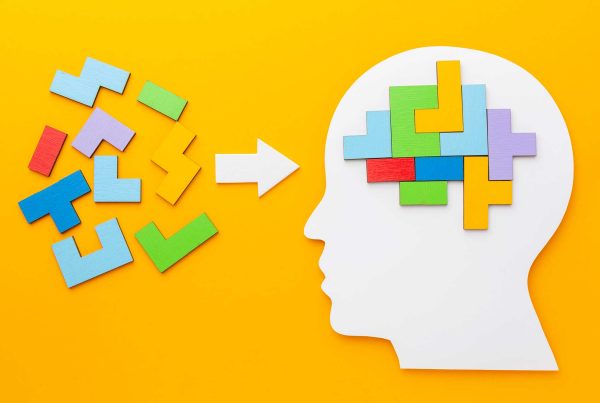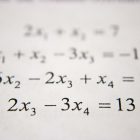 THE ELEATIC SCHOOL
THE ELEATIC SCHOOL
 POLITICAL PHILOSOPHY
POLITICAL PHILOSOPHY
POLITICAL PHILOSOPHY
 THE SOPHISTS
THE SOPHISTS
THE SOPHISTS
 THE EARLY MODERN PERIOD
THE EARLY MODERN PERIOD
THE EARLY MODERN PERIOD
 HIGHER-ORDER LOGICS
HIGHER-ORDER LOGICS
HIGHER-ORDER LOGICS
 RELEVANCE LOGICS
RELEVANCE LOGICS
RELEVANCE LOGICS
 PHILOSOPHICAL BOOKS AND TEXT
PHILOSOPHICAL BOOKS AND TEXT
PHILOSOPHICAL BOOKS AND TEXT
 METAPHYSICS
METAPHYSICS
METAPHYSICS
 INTRODUCTORY PHILOSOPHY TEXTS
INTRODUCTORY PHILOSOPHY TEXTS
INTRODUCTORY PHILOSOPHY TEXTS
 UTILITARIANISM
UTILITARIANISM
UTILITARIANISM
 PHENOMENOLOGY
PHENOMENOLOGY
PHENOMENOLOGY
 LOGICAL POSITIVISM
LOGICAL POSITIVISM
LOGICAL POSITIVISM
 INTUITIONISM
INTUITIONISM
INTUITIONISM
 PHILOSOPHY OF RELIGION
PHILOSOPHY OF RELIGION
PHILOSOPHY OF RELIGION
 EMPIRICISM
EMPIRICISM
EMPIRICISM
Logic
Books
-
How States Think: The Rationality of Foreign Policy
$24.99 -
The Parent’s Tao Te Ching: Ancient Advice for Modern Parents
$13.29 -
Life Death (The Seminars of Jacques Derrida)
$27.50 -
The Shadow Work Journal: A Guide to Integrate and Transcend your Shadows
$17.99 -
The Architecture of Community
$59.91 -
Utilitarianism
$6.99 -
How to Love (Mindfulness Essentials)
$7.99 -
Anscombe’s Intention: A Guide (Oxford Guides to Philosophy)
$26.22 -
Shadow Work Journal for Black Women: A Guided Spiritual Journal for Healing, Growth, Self-Discovery & Reflection With Prompts to Work Through Past … Self-Love & Spirituality for Black Women)
$12.93 -
Into the Headwinds: Why Belief Has Always Been Hard―and Still Is
$10.37 -
Love, Divine and Human: Contemporary Essays in Systematic and Philosophical Theology
$40.95 -
Three Steps on the Ladder of Writing
$27.00 -
Utopia
$4.24 -
Philosophy 101: From Plato and Socrates to Ethics and Metaphysics, an Essential Primer on the History of Thought (Adams 101 Series)
$12.79
Reexamining Spacetime Substantivalism: A Critique of Modal Arbitrariness and Determinism in Teitel’s Framework
Reexamining Spacetime Substantivalism: A Critique of Modal Arbitrariness and Determinism in Teitel’s Framework
Rule-Following and Artificial Intelligence: A Kripkean Perspective
The Eternal Coexistence of Consciousness and Spacetime: A Philosophical Inquiry
Embracing Contradiction: An In-Depth Analysis of Dialetheism
Analysis of, and Responses to Edmund Gettier’s “Is Justified True Belief Knowledge?”
The Unstable Foundation: A Critique of the Ontological Proof of God’s Existence
Meta-Modal Actuality: A Dynamic Framework for Possibility, Actualization, and Causality
Killing, Morality, and the Human Condition: A Philosophical Investigation
The Intricacy of Existence: A Philosophical Exploration of Complexity, Contingency, and Divine Agency
The Ethics of Procreation and the Rational Acceptance of Life: A Critical Engagement with Weinberg’s Argument
Imagination, Consciousness, and the Nature of the Soul: A Philosophical Inquiry
The Interplay of Karma, Rebirth, and Non-Self in Buddhist Philosophy: A Metaphysical Inquiry
Metaphysical Perspectives: A Comparative Analysis of Theism and Atheism
The Infinite Universe, Death, and the Search for Meaning: A Philosophical Exploration of Existence, the Divine, and Human Mortality
The Unconscious Artistry of Artificial Intelligence: A Modern Reflection on Spinoza’s God and the Blind Watchmaker
The Ethics of Procreation and the Rational Acceptance of Life: A Critical Engagement with Weinberg’s Argument
Terms & Concepts

Tabula Rasa


































































